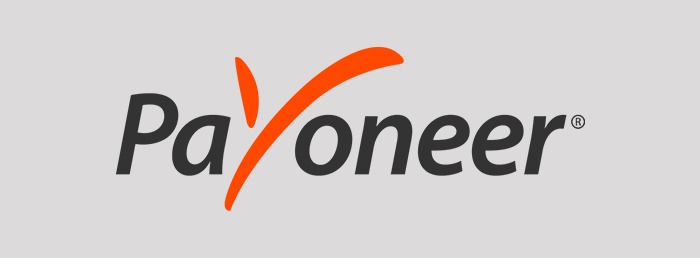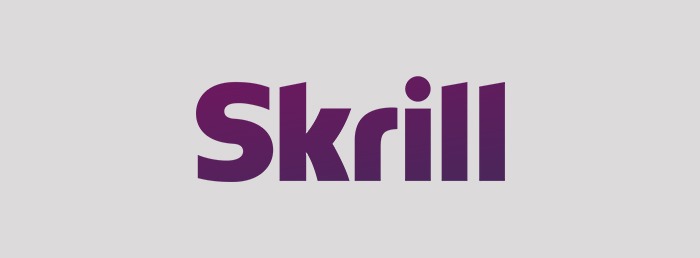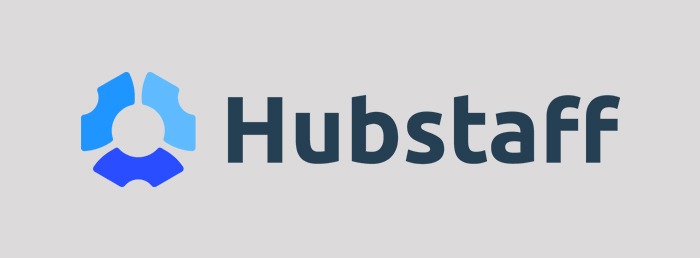Healthy alternatives for a time-honored, tried-and-true Western Union

Top 5 freelance payment methods. Source: shutterstock.com
If you work using the internet and do not have any special place of employment, you can be called a freelancer. In that case, it is vital to understand how different payment methods work, and which one will suit the particular situation you may face.
If you know only one way to be paid, it can jeopardize your freelance career, because this very way can be inconvenient for your client, and they may choose another freelancer with multiple payment options (or with the one, convenient for them). Sometimes people work for customers from different countries. In this case, payment methods can differ, thus they would have to seek an alternative as soon as possible.
Today PaySpace Magazine would like to tell you about the most popular freelance payment methods and consider their pros & cons.

Let’s start with one of the most popular money transfer companies. This payment system is used by enterprises, entrepreneurs, websites, and individuals. The service is available in 202 countries, has more than 200M registered users, and operates in 25 currencies.
Pros
- PayPal is considered to be the most popular and most used online payment method. Thus, an employer would barely have any troubles with fund transfers;
- The registration process is quite straightforward and simple, as well as an interface that is intuitive and user-friendly;
- You can send funds to multiple recipients simultaneously;
- Track payments quickly and easily. Moreover, you can use the system for online store payments.
Cons
- PayPal’s fees seem to be competitive, but they are still not the lowest on the market. You pay a fee only in the case when you send money, but there are many systems offering lower fees;
- Your PayPal transaction data is stored on the US servers. You must give consent for the use of your personal data in order to accomplish registration, hence it is an obligatory part of it. PayPal does not report who will have access to your data and how it will be used;
- PayPal shares data with third parties. It is necessary for transaction processing, so it is explainable. But there is always a chance that your information will be sent to other companies not just for credit screening, but also for marketing purposes.

This is one of the most popular Russian online payment systems. It suits those, who plan to work with Russian or CIS freelancers. As of January 2019, this system had more than 38M registered accounts.
Pros
- This system operates cross-border transactions, as well as CIS ones. What’s more, it has different currencies like USD, EUR, RUB, and even major cryptocurrencies (bitcoin, bitcoin cash, and litecoin);
- Webmoney is good for not very big transactions, but it is not a problem to withdraw even big sums;
- Most US and European employers are familiar with this service and have worked with it at least once.
Cons
- The average withdrawal fee is 2%;
- The verification process is quite difficult, and it can have an impact on the limit of the operation.

This financial service company is relatively young, but it already works with a huge number of freelance platforms and websites.
Pros
- You can get your personal card, and its balance linked to your account, or you can just withdraw funds using any banking card you wish;
- You can choose the currency of your account;
- Cooperation with freelance platforms, such as Upwork, Fiverr, Freelancer.com. They even have an Airbnb partnership program, thus you can withdraw directly in Payoneer;
- Licensed to operate worldwide;
- Detailed reports with employee info, account/payment history, and much more.
Cons
- The fee for cash withdrawal is $3.15 + particular country fees (depends on the state you operate in);
- The registration process is quite complicated, including the input of ID and banking data, and “waiting for approval” period;
- The system is not considered to be transparent. Indeed, your account is not like a personal banking one, it is more like one common account shared by all system members. Therefore, sometimes people make claims about stolen money (you can find the info on the system’s website forum).

Skrill is a well-known low-cost cross-border money transfer system.
Pros
- The registration process is quite simple and intuitive;
- Partnerships with freelance websites and platforms;
- Highly popular among the UK and US-based freelancers.
Cons
- Conversion/withdrawal fees are rather high (from 7% for bank card withdrawals, and 3,99% for conversions);
- If you want a VIP card status, you’ll have to pay €6000 for three months for partnership systems services.
How to provide yourself a backup plan:
- Own a bank card of the country you live in with an account in USD, EUR, and your national currency;
- Own an e-wallet account.

Hubstaff is endowed with a three-in-one feature, which means you can track time/invoicing/automatic payroll which supports PayPal, Payoneer, Bitwage, and QuickBooks.
Pros
- Hubstaff can help you with tracking the time a team has spent doing a job. Randomized screenshots, activity levels, and other insights will also help to trace all data you need;
- Automatic timesheets and reports customized for your use;
- Easy operation and flexible setup.
Cons
- Not the simplest system of monthly reporting. It will take some time to figure out how it works;
- The lack of an instant messaging tool. Moreover, sometimes it can be a little async in time tracking between desktop and web versions.
SEE ALSO:








